Average Lifespan of a Gaming PC
When it comes to the lifespan of a gaming PC, there are several factors to consider. While technology is constantly evolving, the average lifespan of a gaming PC can typically range from 3 to 5 years. However, this can vary depending on various factors.
1. Usage and Maintenance
The lifespan of the physical components that make up a gaming PC can heavily depend on how it is used and maintained. The ideal environment of PC hardware is cool, clean, and dry. Hot humid weather, dusty environments, salty sea air by the beach all can contribute to wear and tear that could speed up the deterioration of one or more components and lead to a system failure. Keeping the environment around the PC clean to minimize dust and cleaning out excess dust that accumulates in the PC itself are ways to mitigate these issues. Air conditioning can also help in the hotter months to keep temperatures reasonable and minimize humidity.
2. Technological Advancements
Technology advances at a rapid pace, especially in the gaming industry. New hardware components, such as graphics cards and processors, are released regularly (often on a 1-2 year cycle) offering better performance and capabilities. As a result, older gaming PCs may struggle to keep up with the demands of newer games and software. This doesn't occur with a single generation, but does accumulate over time with each new leap forward in performance when a new one is released. If you don't mind scaling the graphics settings down on newer games, you can really stretch how long a gaming PC will last you, but if you're the type of wants to crank up everything to max settings and experience the best possible visuals at all times, you may be looking to upgrade every couple of generations.
3. Game Requirements
The lifespan of a gaming PC is also influenced by the requirements of the games being played. As games become more graphically demanding and resource-intensive, older PCs may struggle to run them smoothly. This can lead to a decrease in gaming performance and overall user experience. How long this takes to occur will vary slightly based on the games being released, the incremental step up in performance between each generation of new PC hardware and just how low you want to dial down the graphics settings in new games to be able to play them at a reasonable frame rate. In our experience, this typically around 4-5 years at most, but most of our regular return customers are on a 3-4 year upgrade cycle on average.
4. Upgradability
Our gaming PCs are built with latest-gen high-quality industry-standardized components. This allows users to replace or upgrade certain components to keep up with the latest technology where possible for several years down the line, pushing back the potential date they may need to consider buying an entirely new PC. PCs with good upgradability can potentially extend their lifespan by allowing users to make incremental upgrades over time while one that uses older gen hardware out of the box, lower quality components that may not last or non-standard proprietary components will all limit future upgradability options.
5. Budget and Personal Preferences
Ultimately, the decision to replace a gaming PC depends on the user's budget and personal preferences. Some gamers may prefer to upgrade their PCs more frequently to stay at the cutting edge of technology, while others may be content with a longer lifespan and prioritize other aspects of gaming, such as gameplay and story. The longer you wait, the more bang for your buck your next gaming PC will be with each generational upgrade in hardware delivering better performance. On the flip side, every day you wait before buying your next gaming PC is one more day you could have spent playing it!
Conclusion
In conclusion, the average lifespan of a gaming PC is around 3 to 5 years, but this can vary depending on factors such as usage, maintenance, technological advancements, game requirements, upgradability, budget, and personal preferences. It's important for gamers to assess their needs and consider these factors when deciding whether to replace their old gaming PC with a new one. If you'd like to chat to an expert about your next gaming PC, please reach out to us! With over a decade building Australia's best gaming PCs, our expert team is standing by ready to help answer all your questions and guide you along the way.
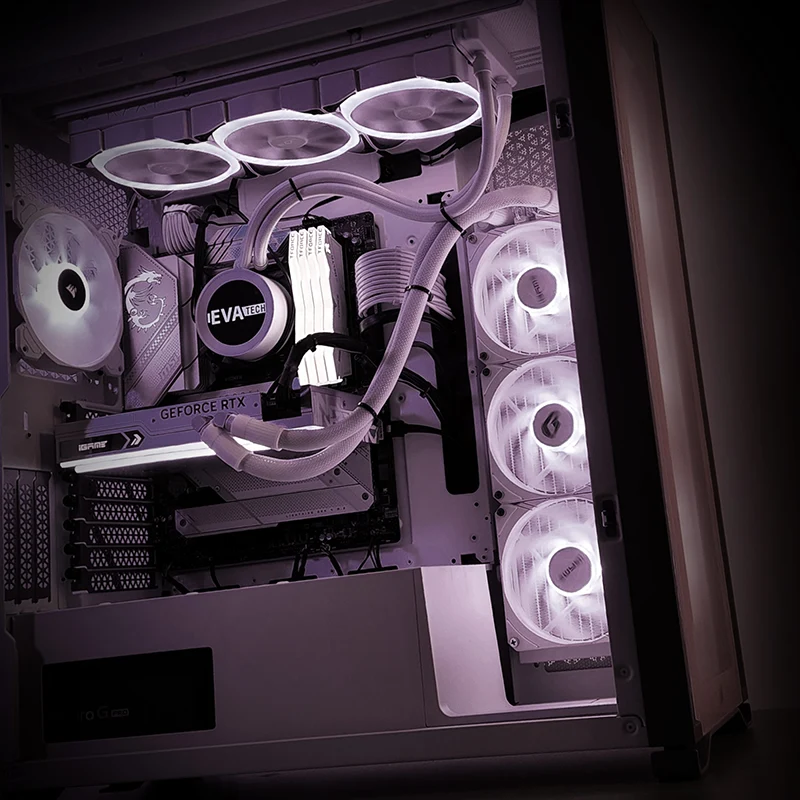
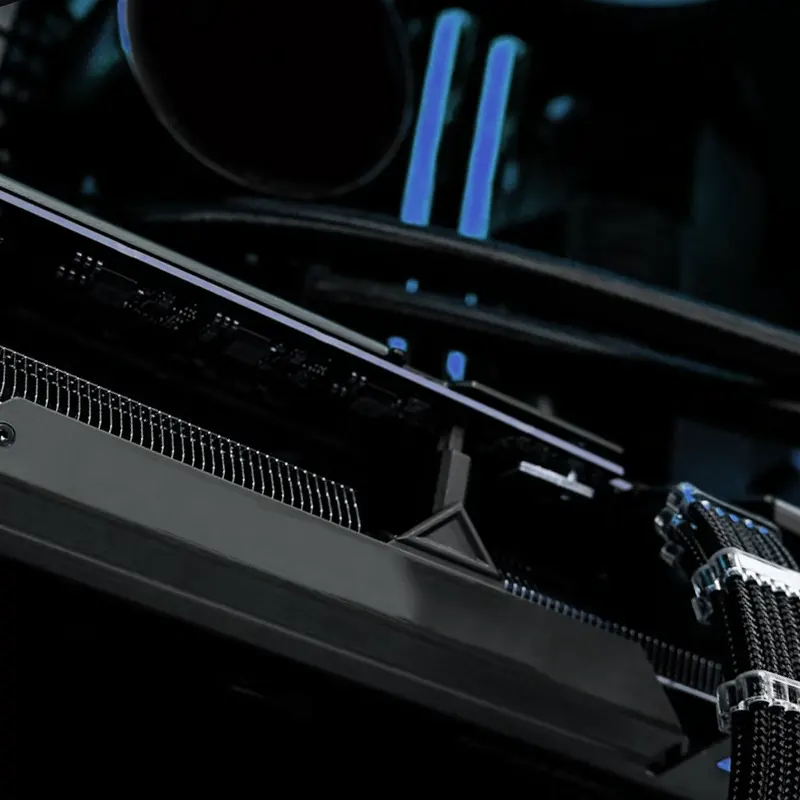
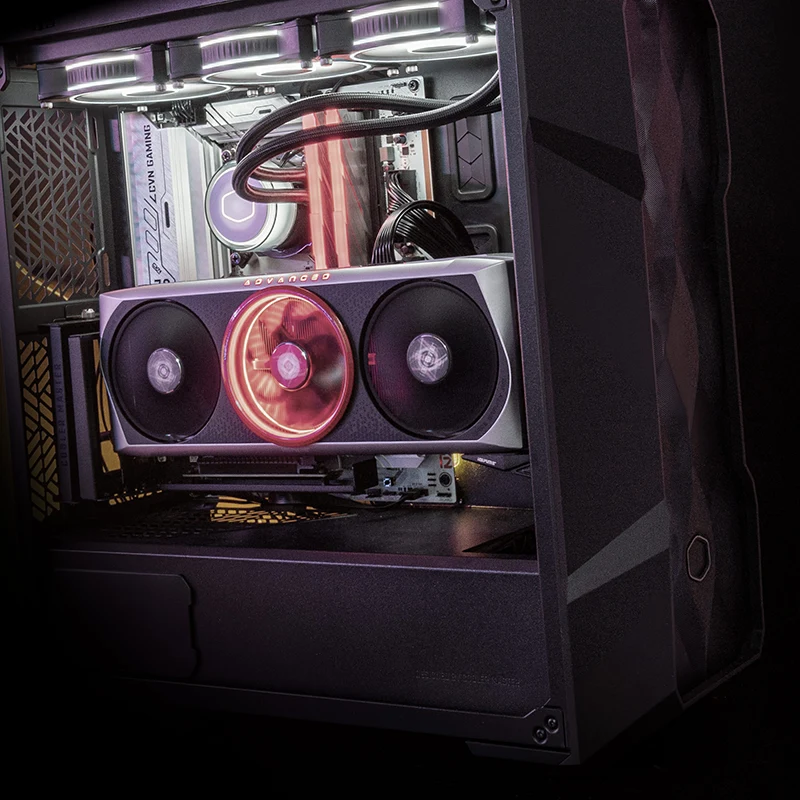
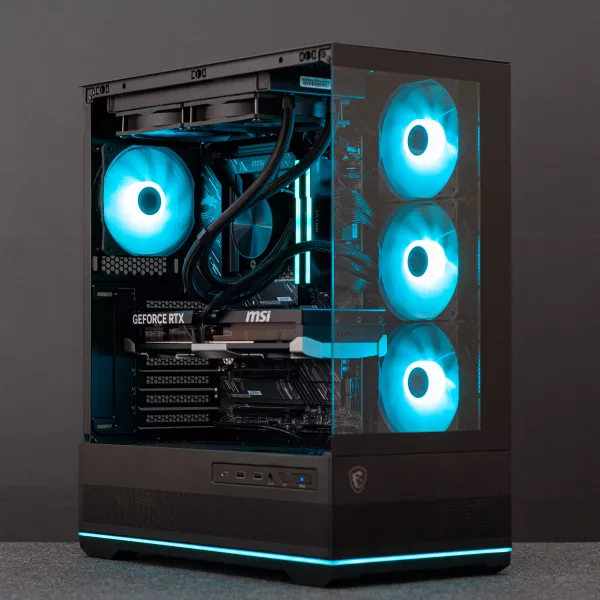
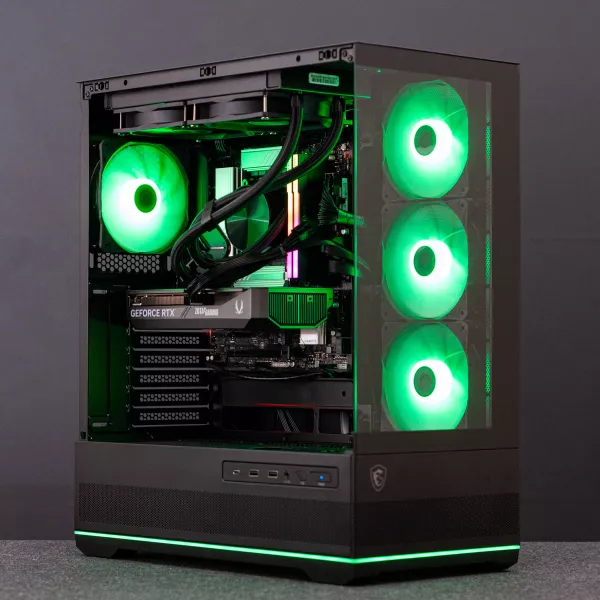
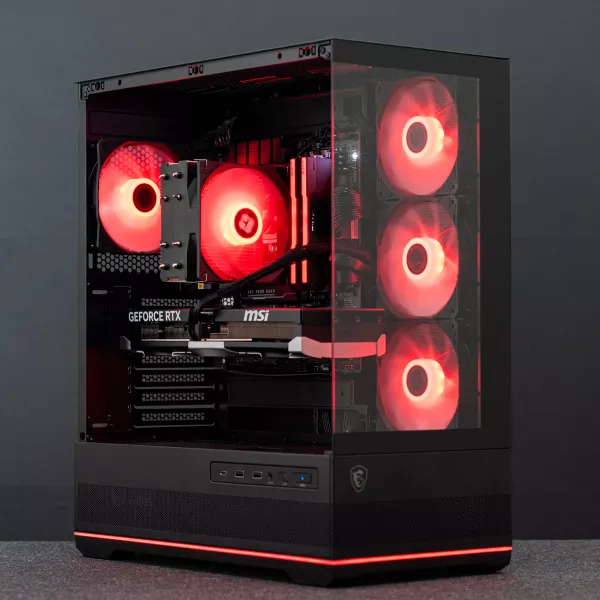
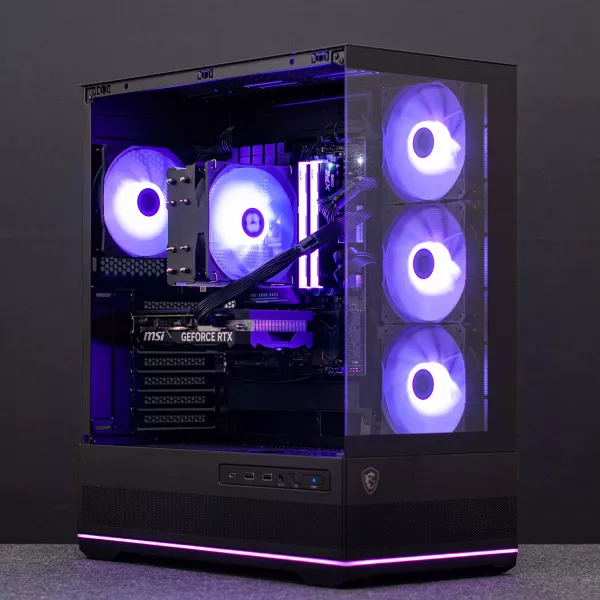
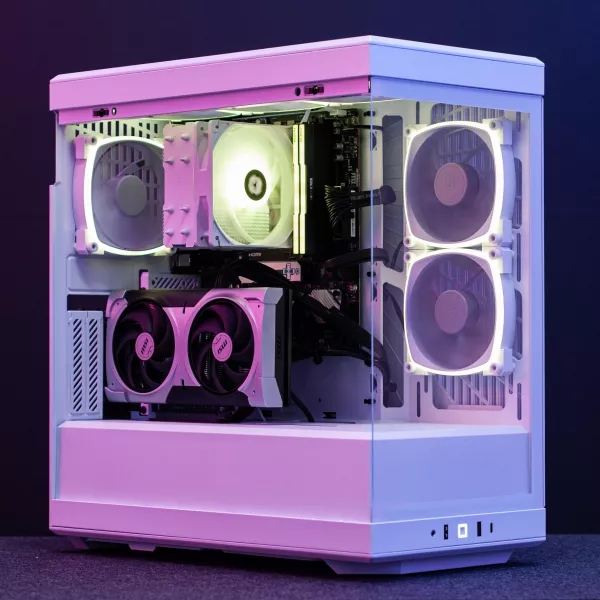
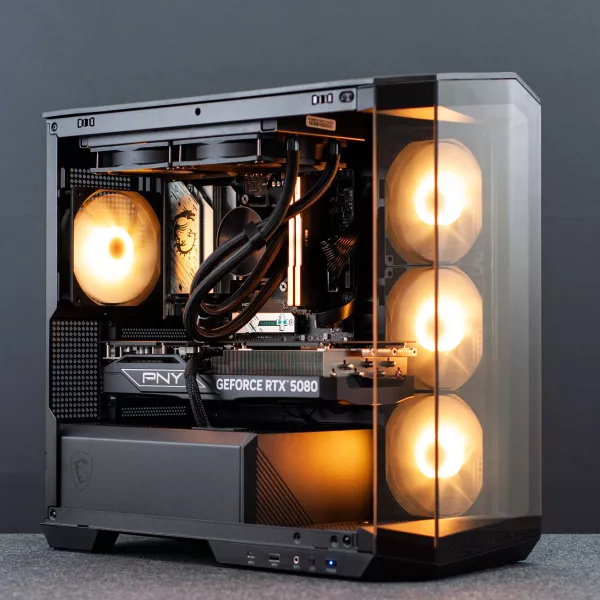
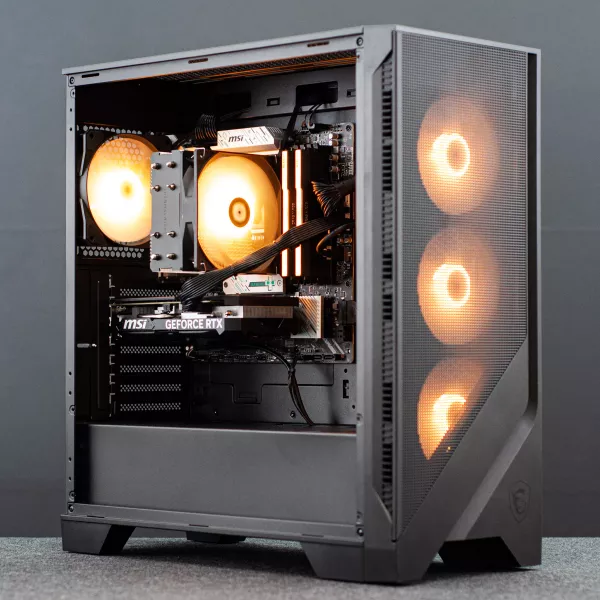
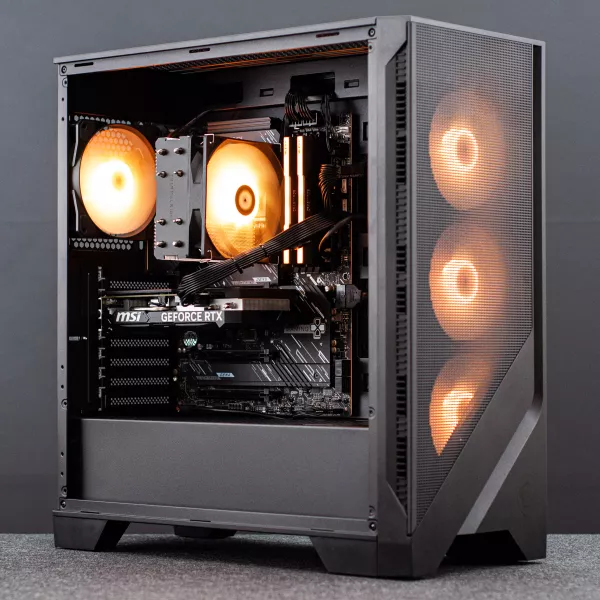
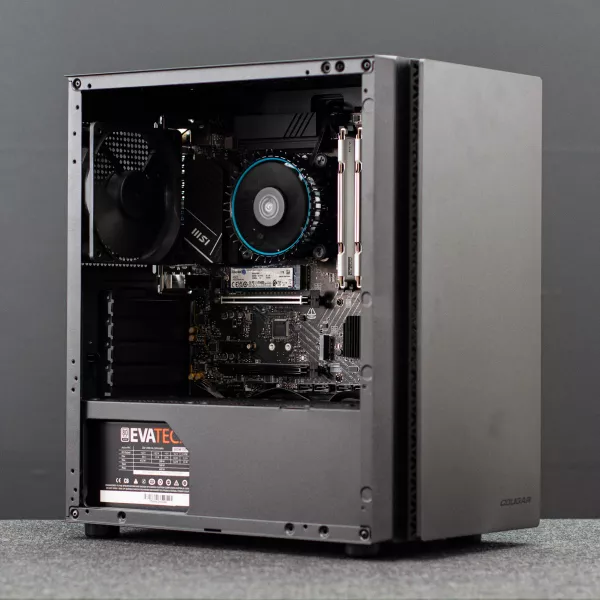
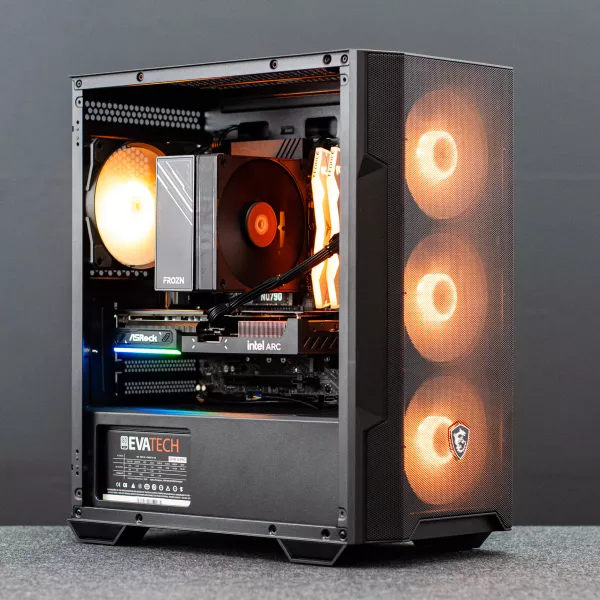
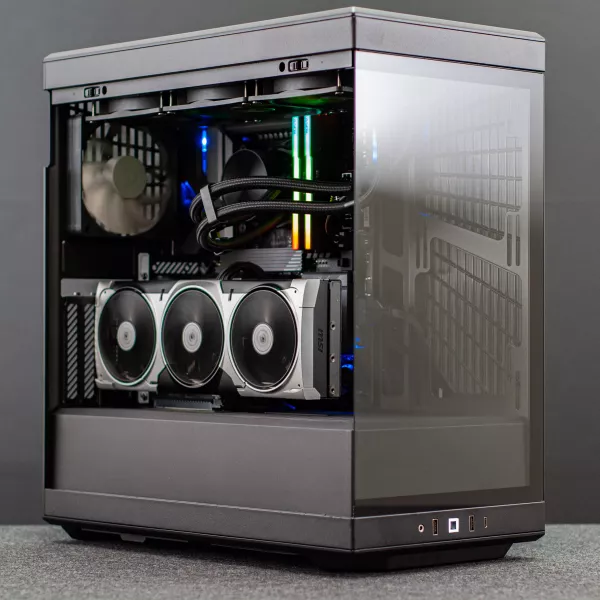
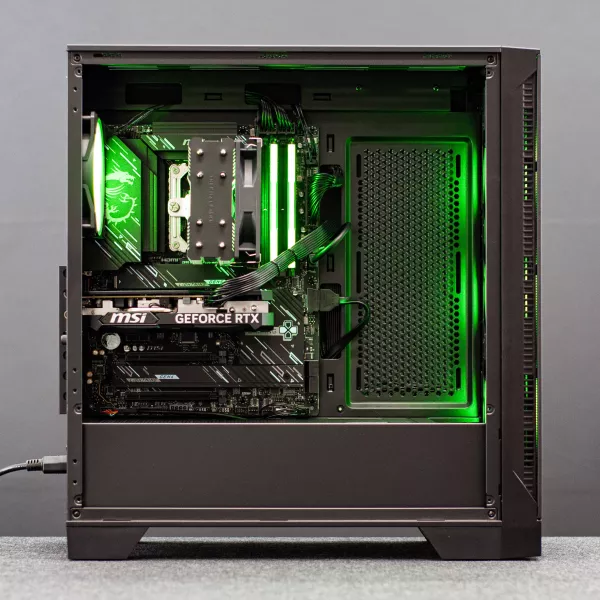
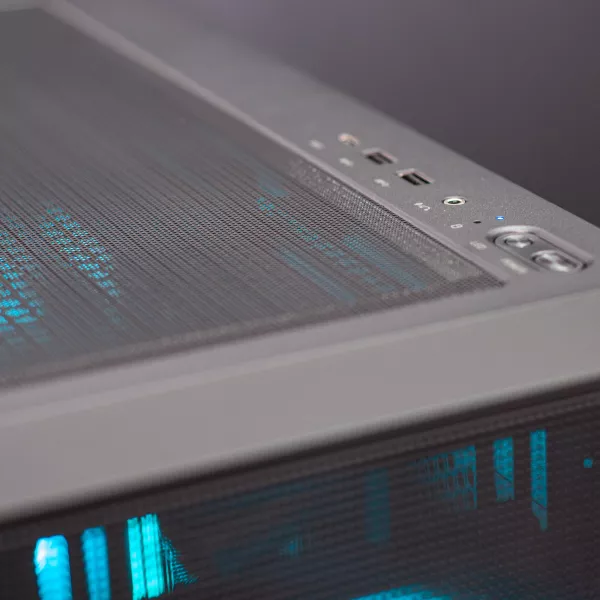
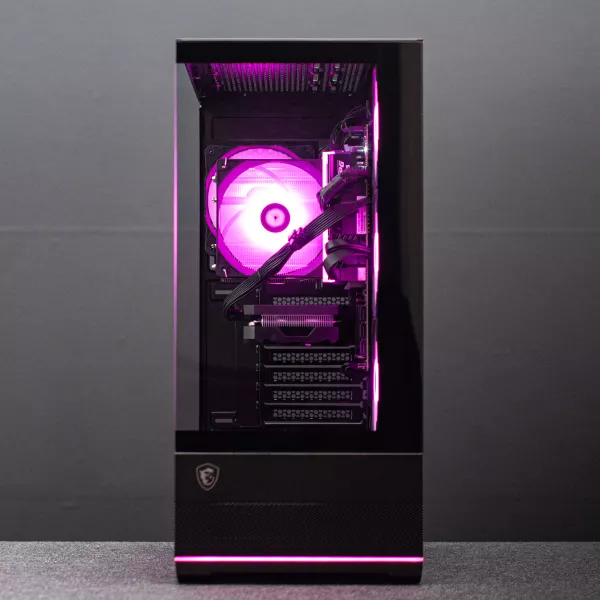
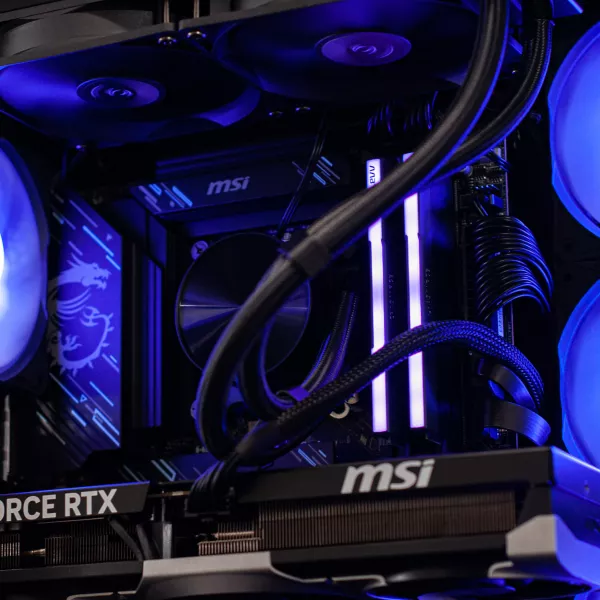
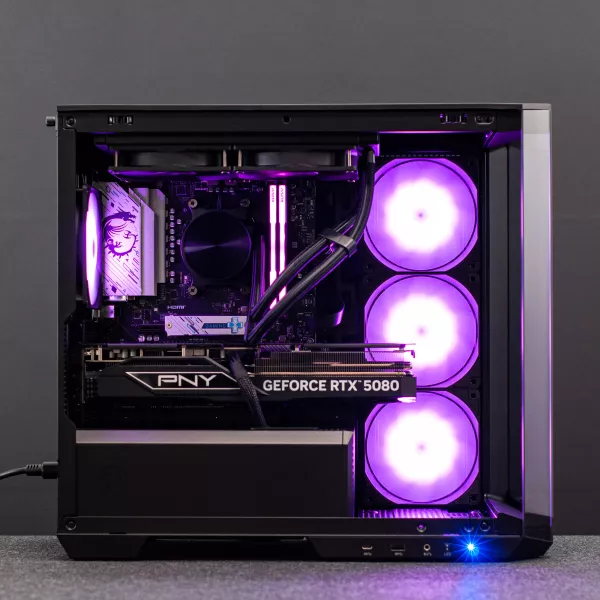
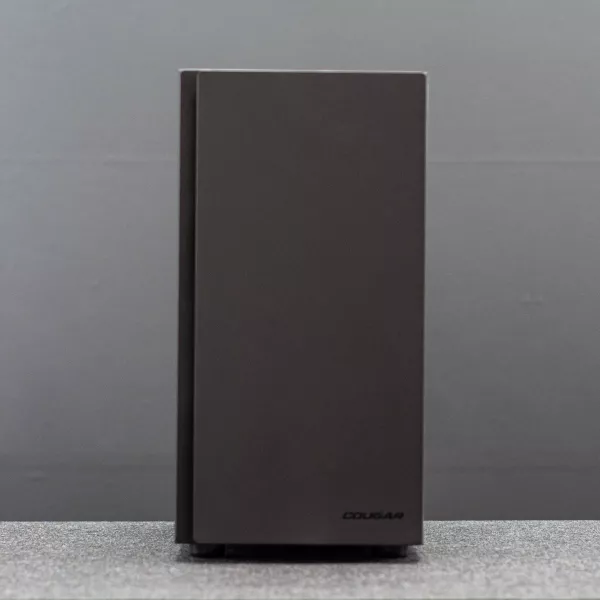
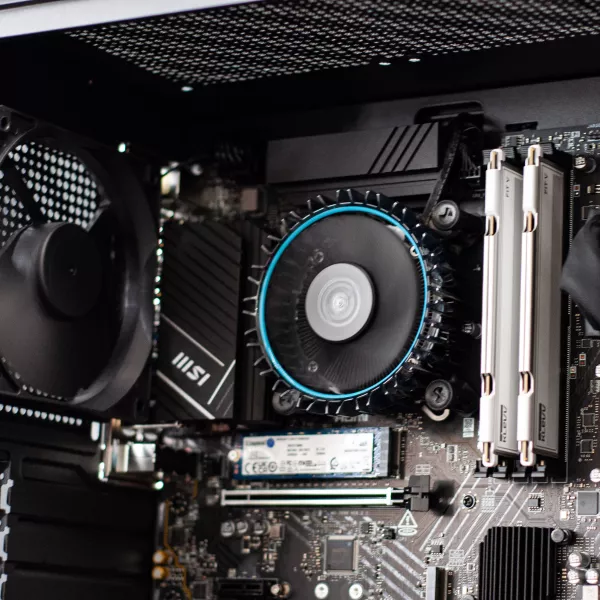
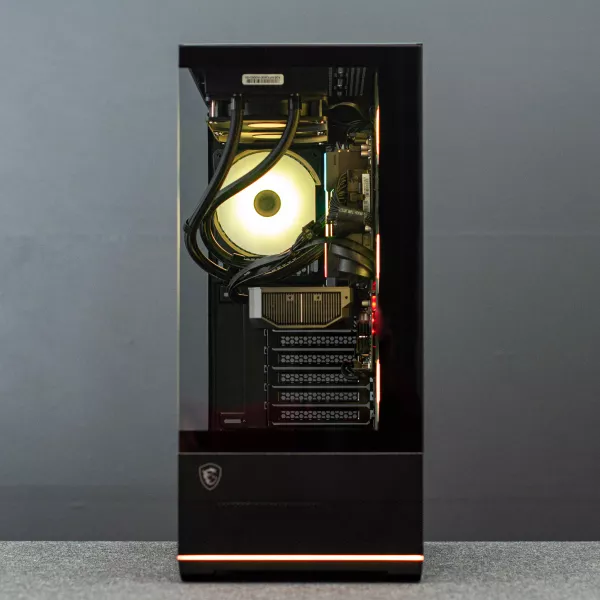












![Wraith - AMD Ryzen Custom Gaming PC [Modified]](https://evatech.com.au/img/p/6/5/4/7/6/65476-large.webp)










 5/2 Fiveways Boulevarde, 3173 VIC
5/2 Fiveways Boulevarde, 3173 VIC Monday - Friday 10am-6pm
Monday - Friday 10am-6pm +61 (03) 9020 7017
+61 (03) 9020 7017 ABN 83162049596
ABN 83162049596 Evatech Pty Ltd
Evatech Pty Ltd